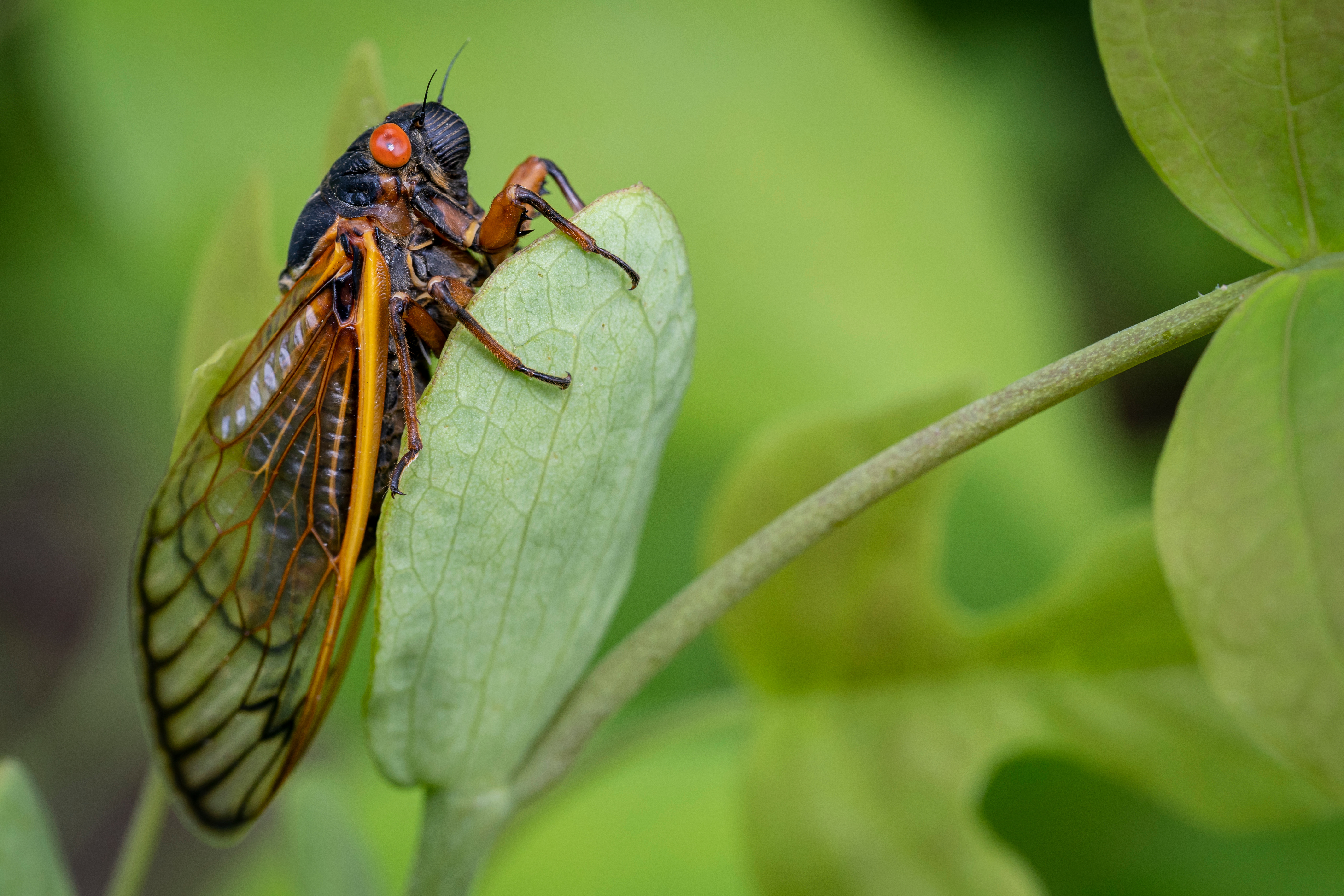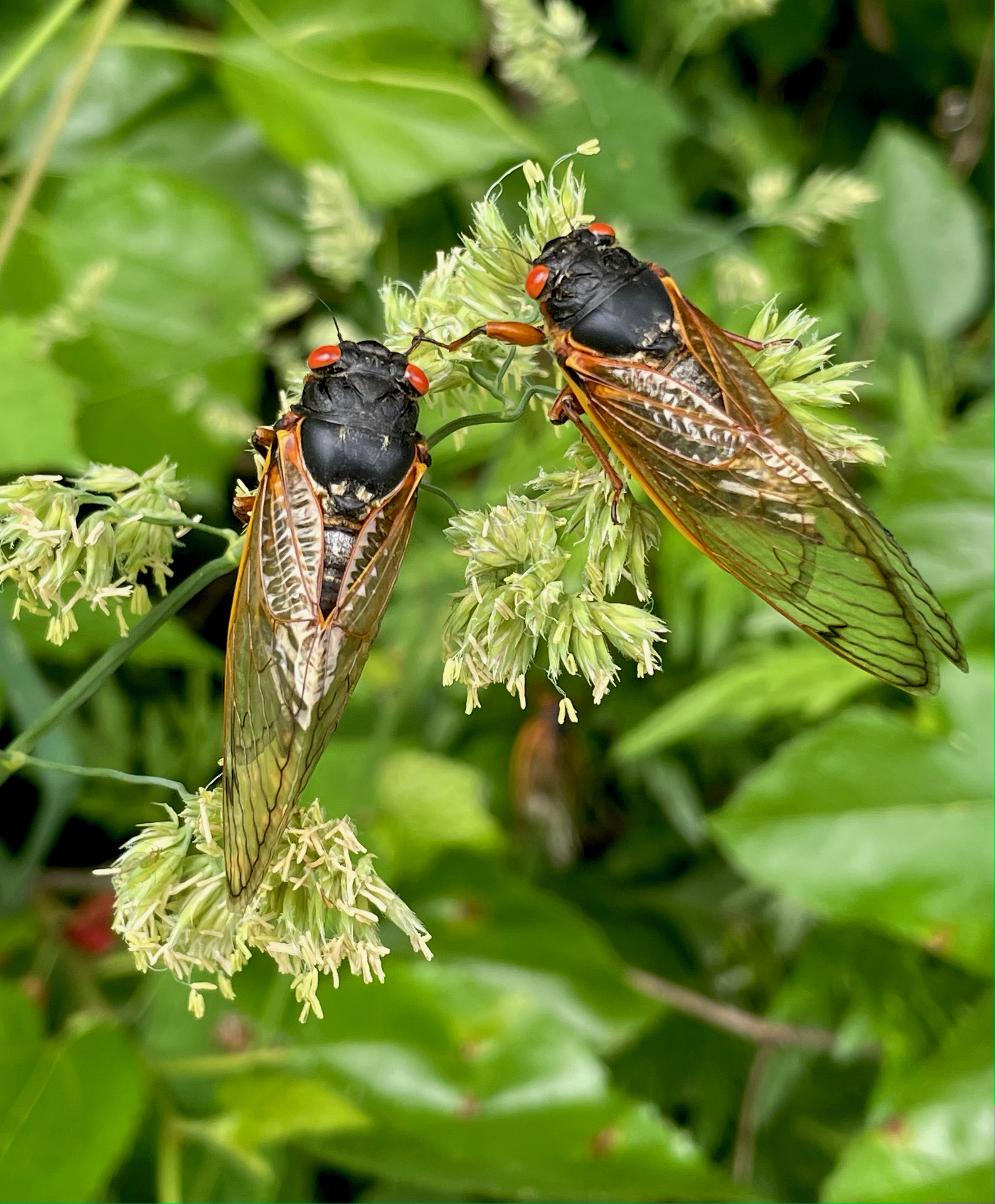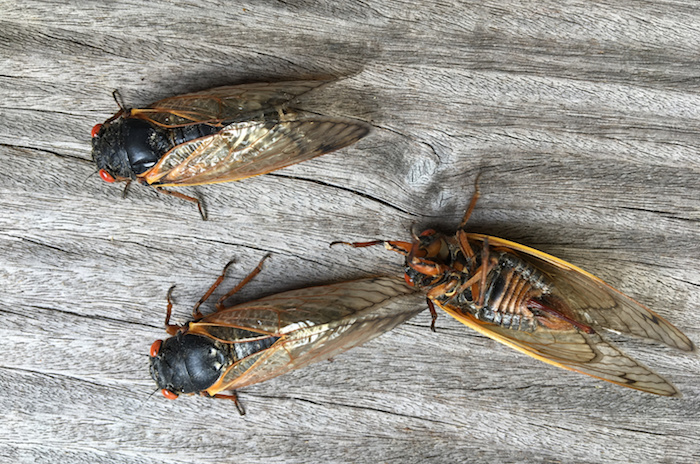Periodical cicadas from Brood XIX have started to emerge in states like Missouri and Arkansas, which are two of the 17 states that are poised to see an historical phenomenon of these insects this spring. For the first time in over two centuries, two broods of periodical cicadas, Brood XIII and Brood XIX, will emerge at the same time, an event that last happened in 1803.
John Lill is a professor of biology at the George Washington University. His expertise includes plant-insect interactions, insect ecology and evolution. Lill’s research interests focus on the ecology and evolution of plant-herbivore interactions and more specifically, understanding the joint impacts of host plant traits and natural enemies on insect herbivore life history traits, behavior, population dynamics, and host plant ranges.
In particular, Lill and his colleagues have focused their research efforts on cicadas. Lill’s latest research on the ecological impacts of cicada emergences was published last fall in the journal Science. In this study, Lill and his co-researchers quantified the widespread changes the 2021 periodical cicada emergence had on the feeding patterns of birds and its downstream effects. The research team said this was one of only a few studies that has explored the indirect effects of periodical cicada emergence events on forest food webs.
Lill can discuss the cicada emergence events happening this spring. He and his colleagues will be in Chicago to further their studies of cicadas.
Lill recently spoke with CNN about the emergence and what people can expect. For those who might be afraid of bugs, Lill suggests trying to replace fear with fascination and remember that cicadas don’t bite or sting.
If you would like to speak with Prof. Lill, please contact GW Media Relations Specialist Tayah Frye at tayah [dot] frye gwu [dot] edu.
gwu [dot] edu.
-GW-





